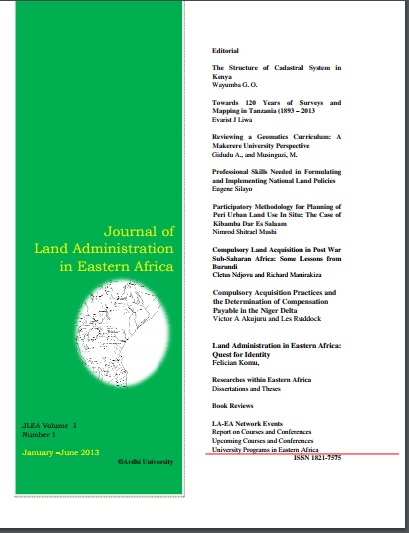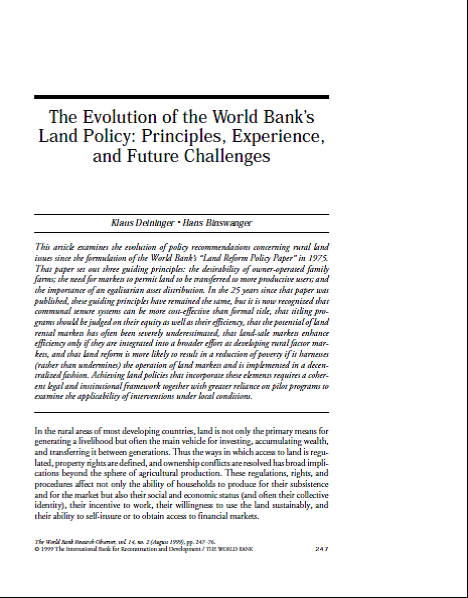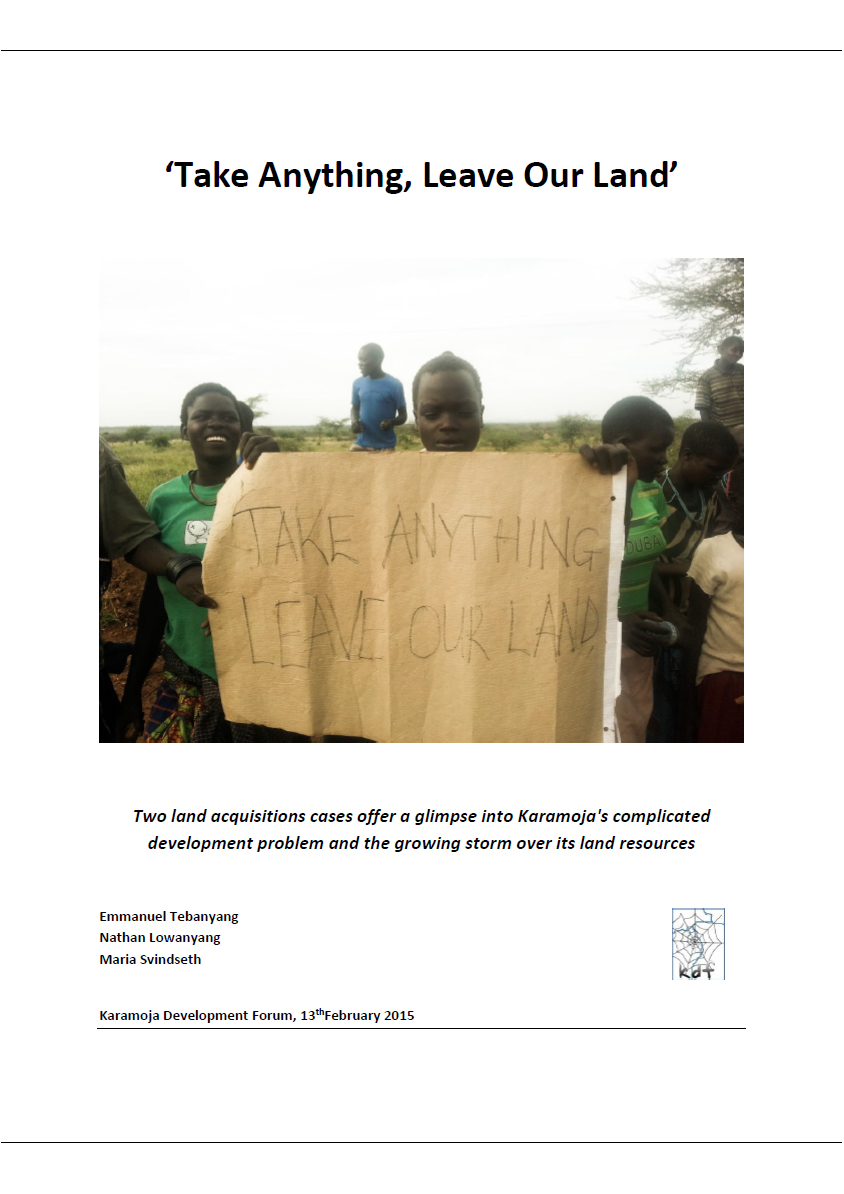Policy and Legislative criteria for acquisition and granting of land for investment purposes in Kenya
Kenya is currently implementing a number of large scale infrastructure and development projects aimed at trans forming the country into a newly industrializing, middle-income country. For this, the government has had to compulsorily acquire large tracts of land upon which the infrastructure is set.







